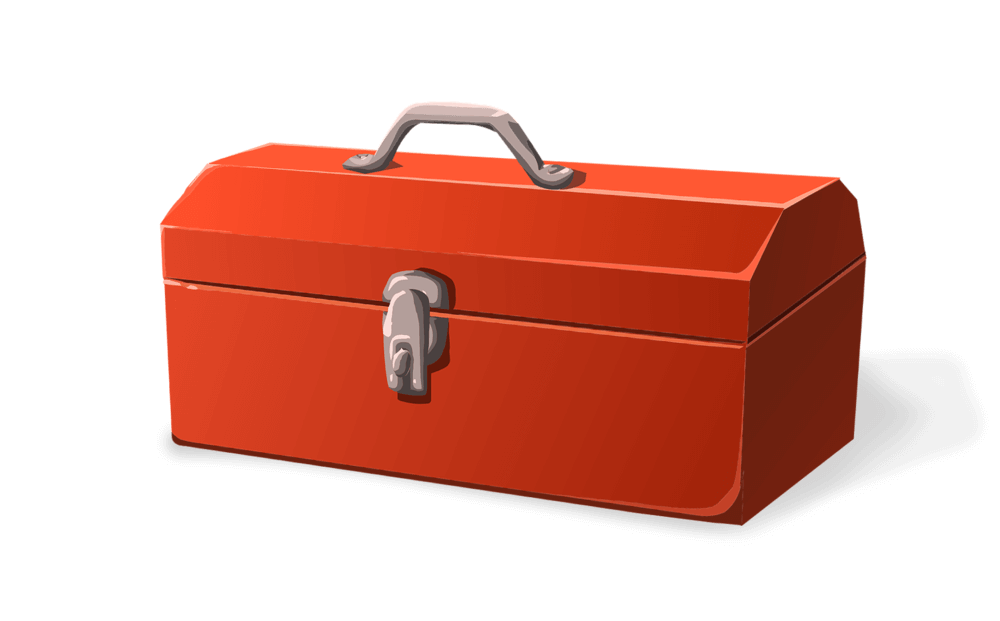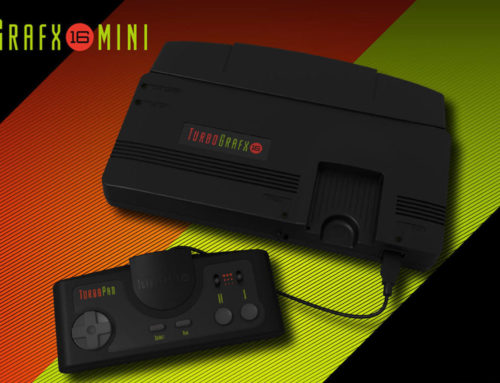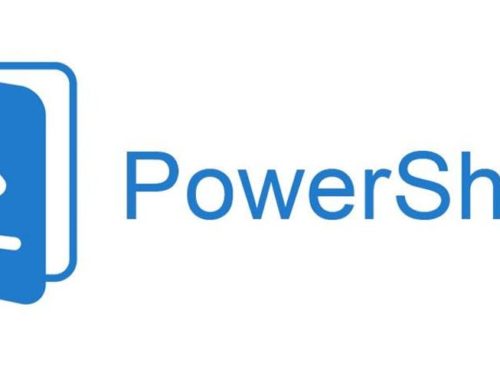A lot of careers require the employee to wear a tool belt and/or carry a toolbox. Some that come to mind are a carpenter, a mechanic, and the unsung hero that is the HVAC technician. Working in IT, AC is important for our computers and server rooms, but realistically I need my AC at home too. The one position that doesn’t come to mind is the IT professional, and that’s probably because it’s considered a white-collar position. The IT professional has a different type of toolbox though. It usually doesn’t contain a tape measure or hammer* and looks a little different. Let’s take a look at what the IT Toolbox should contain.
Actual Tools
The best friend of the IT Professional is the little screwdrivers. These can be used to take apart laptops, drives, printers and other computer-related peripherals. In my bag, I usually carry two different sets of these types of screwdrivers. One of them is a standard set that works on most PC laptops/desktops/etc. and the other is of the MAC type. MAC computers tend to use a different type of screwdriver to prevent just anyone from tinkering with their beloved products.
Along with the screwdriver sets, it’s always nice to have what I call the “Screw grabber.” This little device helps fish out screws that fall into the case of a laptop or desktop that my meaty fingers just can’t get to. The other tool that I keep on hand, even though I rarely use it, is the chip removal tool. It is pretty self-explanatory, it helps remove chips off motherboards in computers.
Another tool that many will tell you to keep on hand is the static guard wrist strap. I say phooey to that. I don’t remember the last time I actually used one. It was probably during a job interview where they were testing to see if I could put together an actual computer and how long it took me. Honestly, these things just get in the way. An easier solution to avoid wearing this is to just ensure you are touching the computer case at all times. Maybe this is not the approved way to keep on grounded. I am sure others will tell you it’s necessary but to each their own.
Software-based tools
Another type of tool the IT professional usually keeps on hand is a few USB drives/thumb drives or DVDs with software tools to help troubleshoot computer-related problems. Some of the software I keep on hand are:
- Windows 10 Bootable USB Drive (or Windows PE) – To reinstall and troubleshoot windows boot issues.
- Linux (Ubuntu usually) Bootable USB Drive – To reinstall and troubleshoot Linux boot issues
- Hirem’s Boot USB – To do password resets, test networking etc.
- Clonezilla boot USB – To backup hard drives in a pinch
- Wireshark – This helps troubleshoot network issues
- Fiddler – Web debugging tool (Microsoft loves this tool).
These are just a few of the basic software tools I carry with me.
The one I probably use the most is the Hirem’s Boot USB drive as it allows to do so much. The most used feature for me is the local admin password reset tool. So many issues are resolved for friends and family by simply resetting the local administrator password.
Other Useful Tools
Some other things I keep in my IT Toolbox are:
- Console cable – I like to have own console cable. Simply because I know where it is in a pinch. This cable is normally used to connect to Switches and Routers for configuration.
- Ethernet Cable Tester – I keep a low-cost cable test in my bag as well. This helps me rule out any network cable issues quickly.
- Laptop or netbook – This goes without say. Anytime I am troubleshooting a computer or device I like to have my own computer that I know works.
These are just some of the tools that an IT Pro may have in the IT toolbox they may use. Every IT person is different and different IT positions require different tools to use. For my day-to-day these are the ones I keep in my bag at all times. I usually even have some of these things in the trunk of my car, as I never know who is going to need help when visiting friends and family.
What are the IT Tools you like to carry around? Let us know on Facebook or Twitter. For more tech and entertainment-related articles click here.
*hammers should only be used on rare occasions when all else fails.







